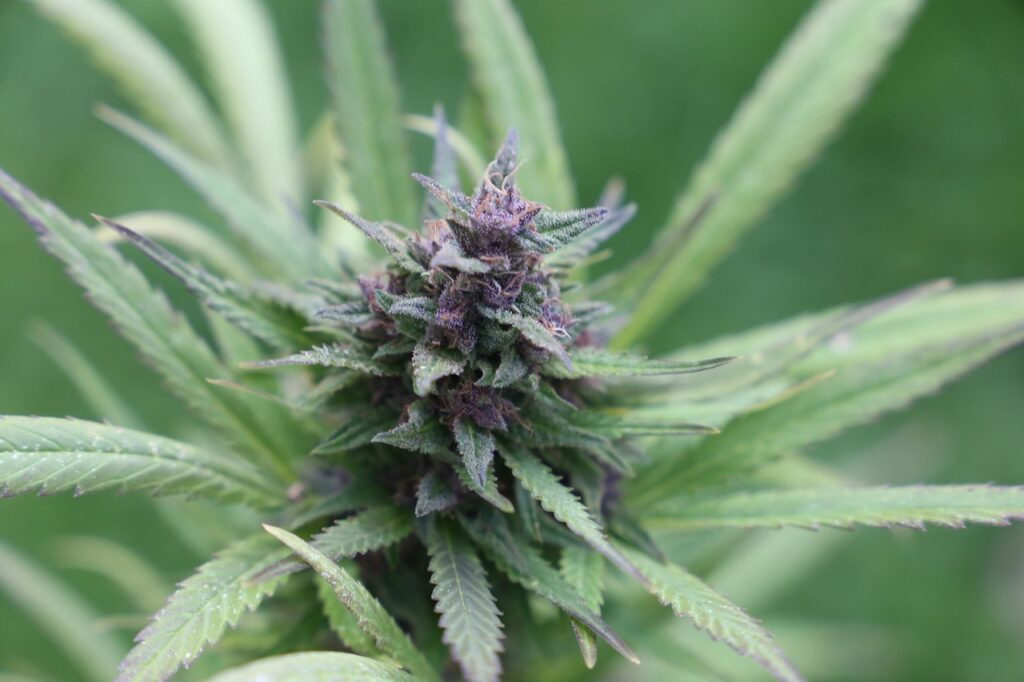THCA Flower: Myths and Facts You Should Know

The world of cannabis is vast and often misunderstood, with many myths and misconceptions surrounding its various components. One such component is THCA, or tetrahydrocannabinolic acid, a compound found in raw cannabis plants. This article aims to shed light on the myths and facts about premium THCA flower products, providing a clearer understanding of its properties and uses.
Understanding THCA
THCA is a non-psychoactive cannabinoid found in raw and live cannabis. Unlike THC, which is known for its psychoactive effects, THCA does not produce a “high” when consumed. This is because THCA must undergo decarboxylation, a process that involves heating, to convert into THC.
The Science Behind THCA
THCA is the precursor to THC. In the cannabis plant, THCA is synthesized in the trichomes, the small, hair-like structures on the surface of the plant. When exposed to heat, such as through smoking or vaping, THCA loses a carboxyl group and becomes THC, the compound responsible for the psychoactive effects associated with cannabis.
Common Myths About THCA Flower
Myth 1: THCA and THC Are the Same
One common misconception is that THCA and THC are identical. While they are chemically related, their effects on the body are quite different. THCA is non-psychoactive, meaning it does not produce the high associated with THC. This distinction is crucial for those seeking the therapeutic benefits of cannabis without the psychoactive effects.
Myth 2: THCA Has No Benefits
Another myth is that THCA has no medicinal value. Research suggests that THCA may have several potential health benefits, including anti-inflammatory, neuroprotective, and anti-emetic properties. These potential benefits make THCA an area of interest for medical research and therapeutic applications.
Myth 3: THCA Is Only Present in Raw Cannabis
While THCA is most abundant in raw cannabis, it can also be found in various cannabis products that have not been exposed to heat. These include tinctures, capsules, and topical applications, allowing consumers to access THCA’s potential benefits without smoking or vaping.
Facts About THCA Flower
Fact 1: THCA Is Non-Psychoactive
As mentioned earlier, THCA does not produce psychoactive effects. This makes it an attractive option for individuals seeking the therapeutic benefits of cannabis without the high. It is particularly appealing for those who need to maintain clarity and focus throughout the day.
Fact 2: THCA Has Potential Health Benefits
Research into THCA is still in its early stages, but preliminary studies suggest several potential health benefits. These include:
- Anti-inflammatory properties: THCA may help reduce inflammation, making it a potential option for those with inflammatory conditions.
- Neuroprotective effects: Some studies suggest that THCA may protect brain cells, which could be beneficial for neurodegenerative diseases.
- Anti-emetic properties: THCA may help reduce nausea and vomiting, which could be useful for patients undergoing chemotherapy.
Fact 3: THCA Can Be Consumed in Various Forms
THCA can be consumed in several ways, including raw cannabis juice, tinctures, capsules, and topicals. These methods allow users to experience the potential benefits of THCA without the need for smoking or vaping.
Case Studies and Research
Several studies have explored the potential benefits of THCA. For example, a study published in the British Journal of Pharmacology found that THCA exhibited anti-inflammatory properties in animal models. Another study in the Journal of Neuroimmune Pharmacology suggested that THCA might have neuroprotective effects, highlighting its potential for treating neurodegenerative diseases.
These studies, while promising, underscore the need for further research to fully understand the therapeutic potential of THCA and its mechanisms of action.
Conclusion
THCA flower offers a unique perspective on cannabis consumption, providing potential therapeutic benefits without the psychoactive effects of THC. By debunking common myths and presenting factual information, this article aims to enhance understanding of THCA and its place in the cannabis world. As research continues to evolve, the potential applications of THCA may expand, offering new opportunities for those seeking alternative therapeutic options.